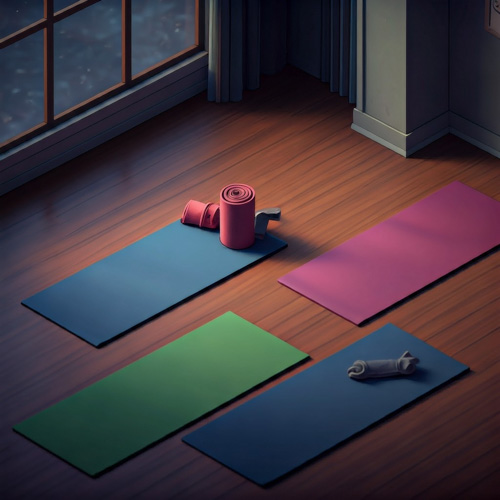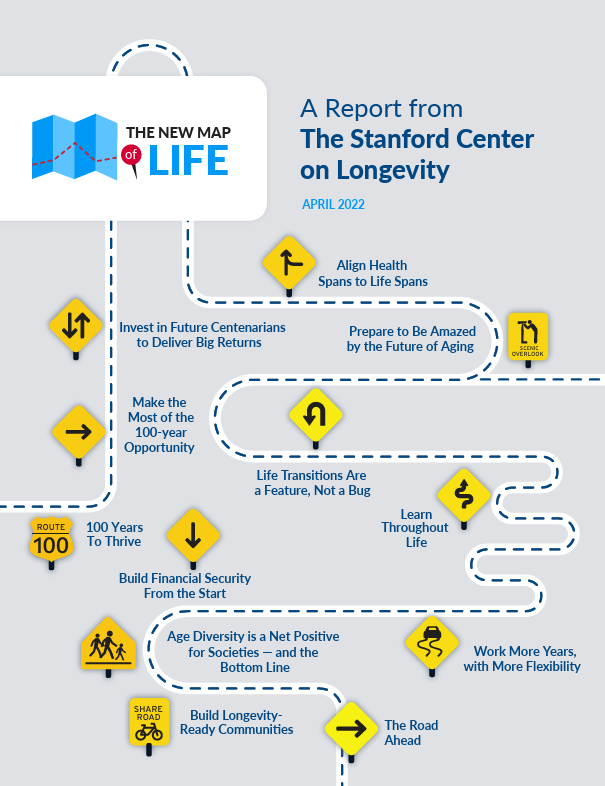We’re at a peculiar life stage. We saw the dawn of the internet, and now we navigate the digital world with ease. We have seen enough to be skeptical. Yet, we still hold out hope for a better future. A significant part of that future, whether we like it or not, involves aging.
The typical story about getting older is one of decline. It’s a narrative of management and reluctantly accepting new limits. But what if we could rewrite that story? A new initiative encourages the next generation of healthcare professionals to do just that.
A Challenge to Redefine Aging
A recent press release announced the Dr. John Fortuna Grant. This program challenges healthcare students across the United States. It asks them to “Redefine Aging through Innovation in Longevity and Regenerative Medicine.” This isn’t just about adding more years to life. The grant focuses on enhancing the quality of those years. It pushes students to envision a world where aging is a journey of strength, not decline.
Why This Matters to Us
For those of us in Generation X, this is more than an academic exercise. We stand on the front lines of this shifting paradigm. Many of us care for aging parents. At the same time, we confront our own mortality with a reluctant pragmatism. The aches feel more persistent. The recovery times seem longer. Our conversations with peers now include more health concerns.
The prospect of innovations in longevity is therefore profoundly relevant. These aren’t abstract concepts. They represent a future where we can remain active, engaged, and healthy for longer.
A Future Beyond Managing Decline
The grant’s focus on regenerative medicine offers significant hope. This field aims to repair or replace damaged tissues and organs. It suggests we can do more than just manage the effects of aging. We could potentially reverse some of its impacts.
While we may not be applying for this grant, its existence is a hopeful sign. It shows a shift in the medical community. They are moving toward a more proactive and optimistic approach to aging. The future of healthcare may not just treat illness. It may cultivate long-term wellness and vitality.
As we navigate midlife, this is welcome news. The next generation of medical innovators is building a better future for us. And as we deal with the realities of getting older, it’s a powerful reminder: People are actively writing the future of how we age right now.







